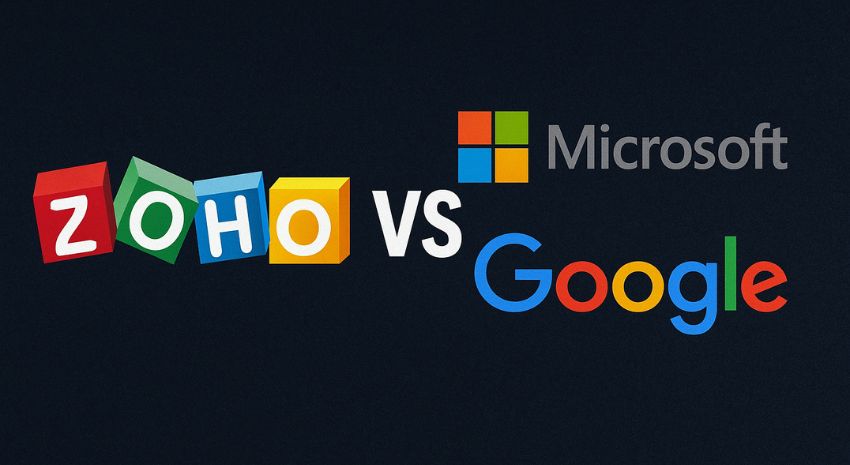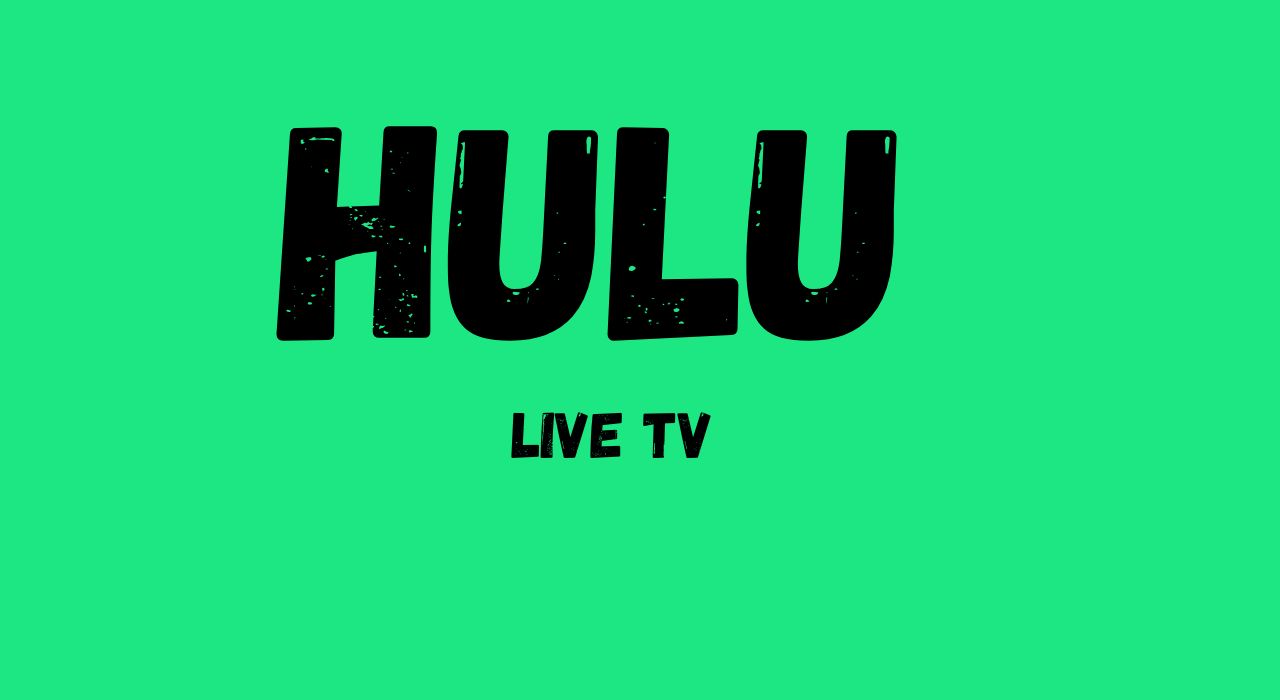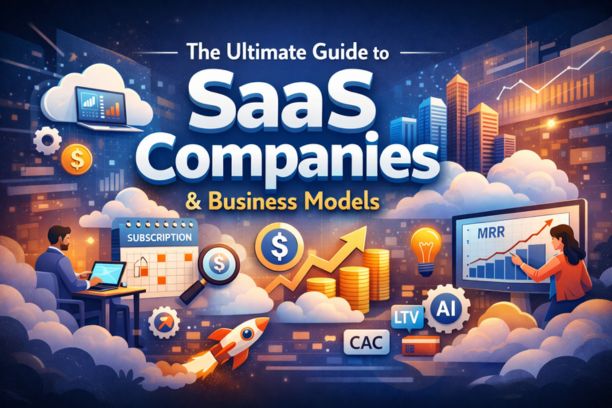A quiet but powerful shift is taking place in the world of enterprise software. Zoho Corporation, a Chennai-born SaaS company, is steadily emerging as a strong challenger to global giants like Microsoft and Google. What started as a small network-management firm has transformed into a full-stack business software provider that now competes head-to-head with the biggest names in technology.
From AdventNet to Global Challenger
Zoho’s journey began in 1996 under the name AdventNet, focusing on network management. Over time, the company pivoted toward business software, launching productivity and collaboration apps in the mid-2000s. By 2017, Zoho introduced Zoho One, an integrated suite of more than 50 applications designed to function as an “operating system for business.”
With over 100 million users worldwide and revenues exceeding $1 billion, Zoho has grown from a niche Indian startup into a global challenger. Today, its suite covers email, documents, CRM, finance, HR, analytics, and marketing — essentially everything a modern company needs to operate digitally. Unlike most tech companies, Zoho has grown without external funding or going public, allowing it to maintain independence and long-term vision.
The Momentum: Why Zoho Is in the Spotlight
Several recent developments have propelled Zoho into global discussions as a Microsoft and Google rival:
-
Government Endorsement – India’s IT Minister recently announced his switch to Zoho’s workplace tools, signaling strong support for homegrown technology. This endorsement is expected to influence adoption in government offices and public institutions.
-
The Rise of Arattai – Zoho’s homegrown messaging app, Arattai (meaning “chat” in Tamil), witnessed a 100-fold traffic surge in just a few days, with sign-ups skyrocketing from 3,000 to 350,000 per day. Driven by its privacy-first stance and India’s appetite for local tech solutions, Arattai quickly positioned itself as a viable homegrown alternative to WhatsApp.
-
Founder’s Bold Challenge – Zoho’s CEO and co-founder, Sridhar Vembu, has openly stated that Zoho can match or even surpass Microsoft in certain areas. This rare direct challenge from an Indian software company has captured global attention.
Competing with Microsoft and Google
Zoho has deliberately built a product ecosystem that mirrors and expands upon what Microsoft and Google offer:
-
Productivity Suite – Zoho Workplace includes email, word processing, spreadsheets, presentations, and chat — serving as a cost-effective alternative to Microsoft 365 and Google Workspace.
-
Customer Management – Zoho CRM has gained traction among small and mid-sized businesses as a simpler, more affordable rival to Salesforce and Microsoft Dynamics.
-
End-to-End Business Tools – Unlike Google, which focuses mainly on productivity, Zoho covers a much broader range, including accounting, HR, analytics, and customer support in one integrated package.
This makes Zoho especially appealing to small and medium businesses (SMBs) looking for a single, affordable solution.
Why This Threatens the Giants
-
Affordability for SMBs – Many businesses find Microsoft and Google too expensive. Zoho’s pricing model, particularly the Zoho One suite, bundles 50+ apps at a fraction of the cost — often starting at just one-third to one-half the price of comparable Microsoft 365 or Google Workspace premium plans. For budget-conscious SMBs, the savings are significant without compromising functionality.
-
Data Sovereignty and Privacy – With increasing global concerns over data control, Zoho’s regional data centers and commitment to privacy resonate strongly, particularly in India.
-
Unified Ecosystem – Instead of juggling multiple vendors, businesses can manage nearly everything inside Zoho One, making operations simpler and more efficient.
The Challenges Ahead
Despite its momentum, Zoho faces uphill battles:
-
Enterprise Scale – Microsoft and Google dominate large corporations with deep infrastructure, compliance certifications, and integrations that Zoho is still building toward.
-
Global Ecosystem – The massive partner networks and brand recognition of Microsoft and Google remain unmatched.
-
Capital Limitations – As a privately held, bootstrapped company, Zoho doesn’t have the same access to public market funding as its American rivals.
The Road Ahead
Zoho is not trying to topple Microsoft and Google overnight. Instead, its strategy is steady growth: win over small and mid-sized businesses with affordable, powerful tools; expand into government and local markets where data sovereignty matters; and slowly chip away at the dominance of global giants.
For businesses and consumers, this growing competition is good news. More choice means better pricing, innovation, and solutions tailored to local needs. As India’s digital economy expands, Zoho’s rise marks a significant moment: a homegrown tech company standing shoulder to shoulder with the biggest names in Silicon Valley.










Leave a Reply